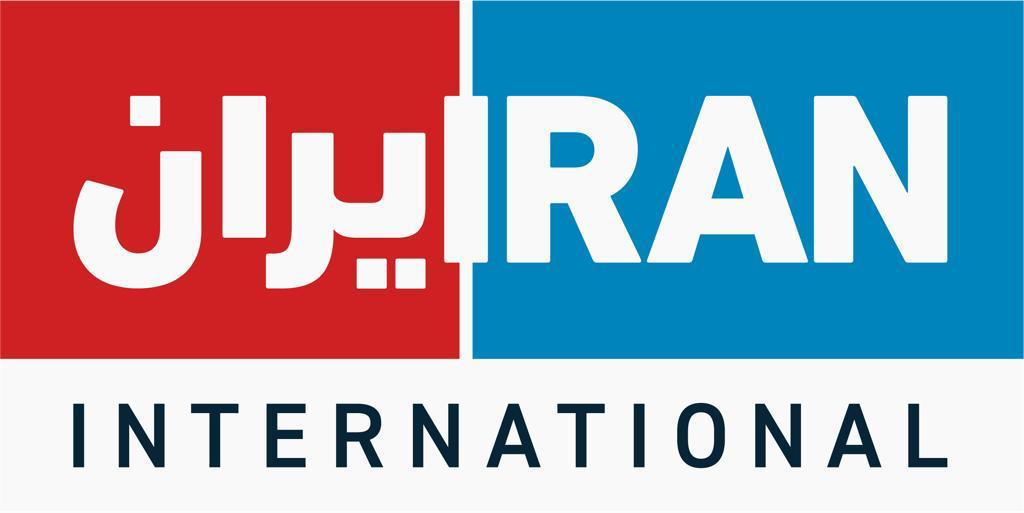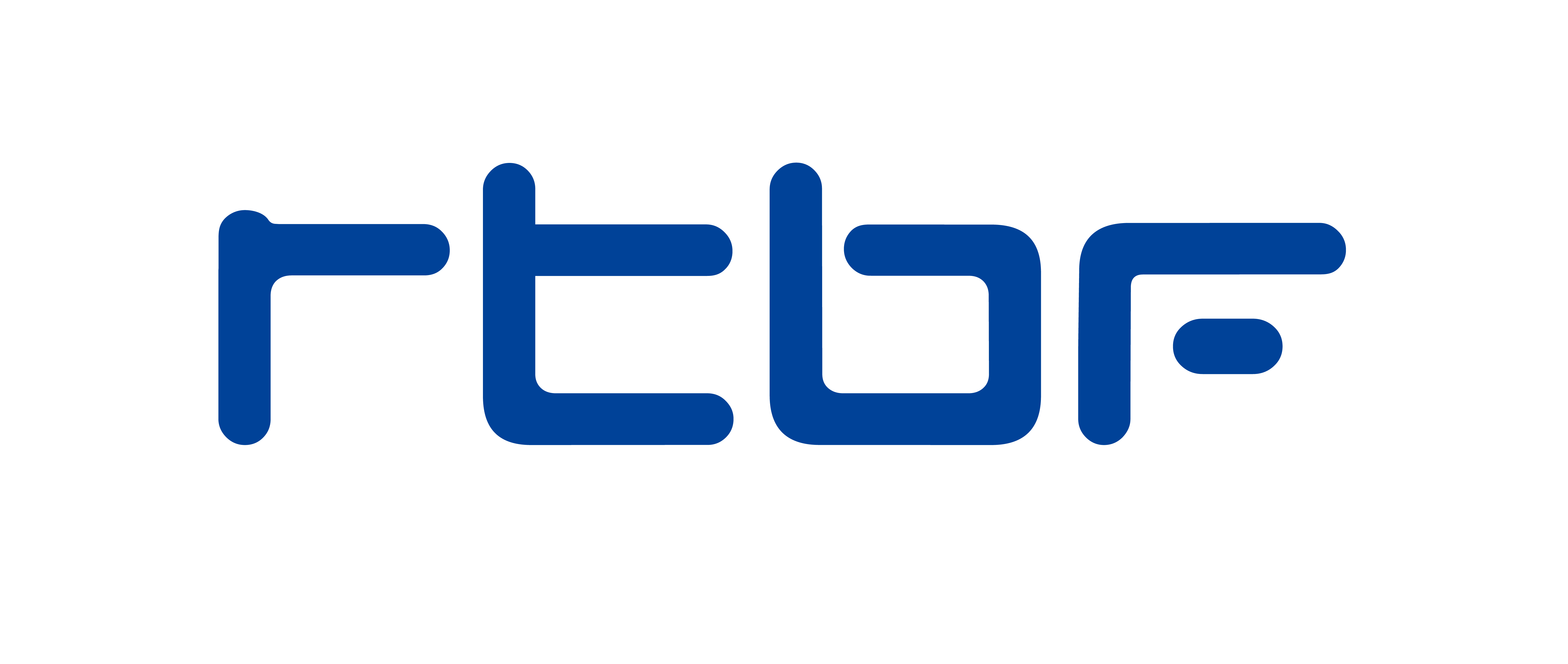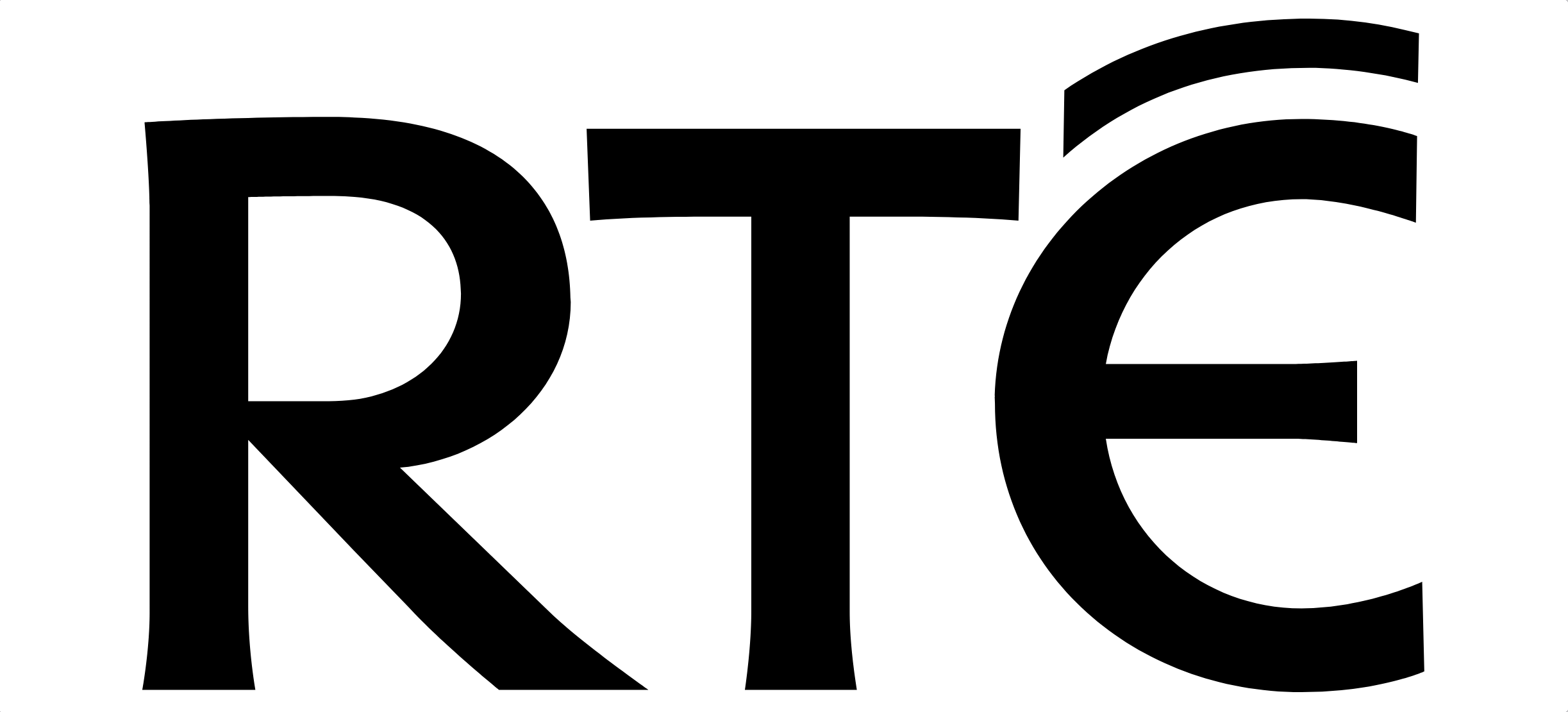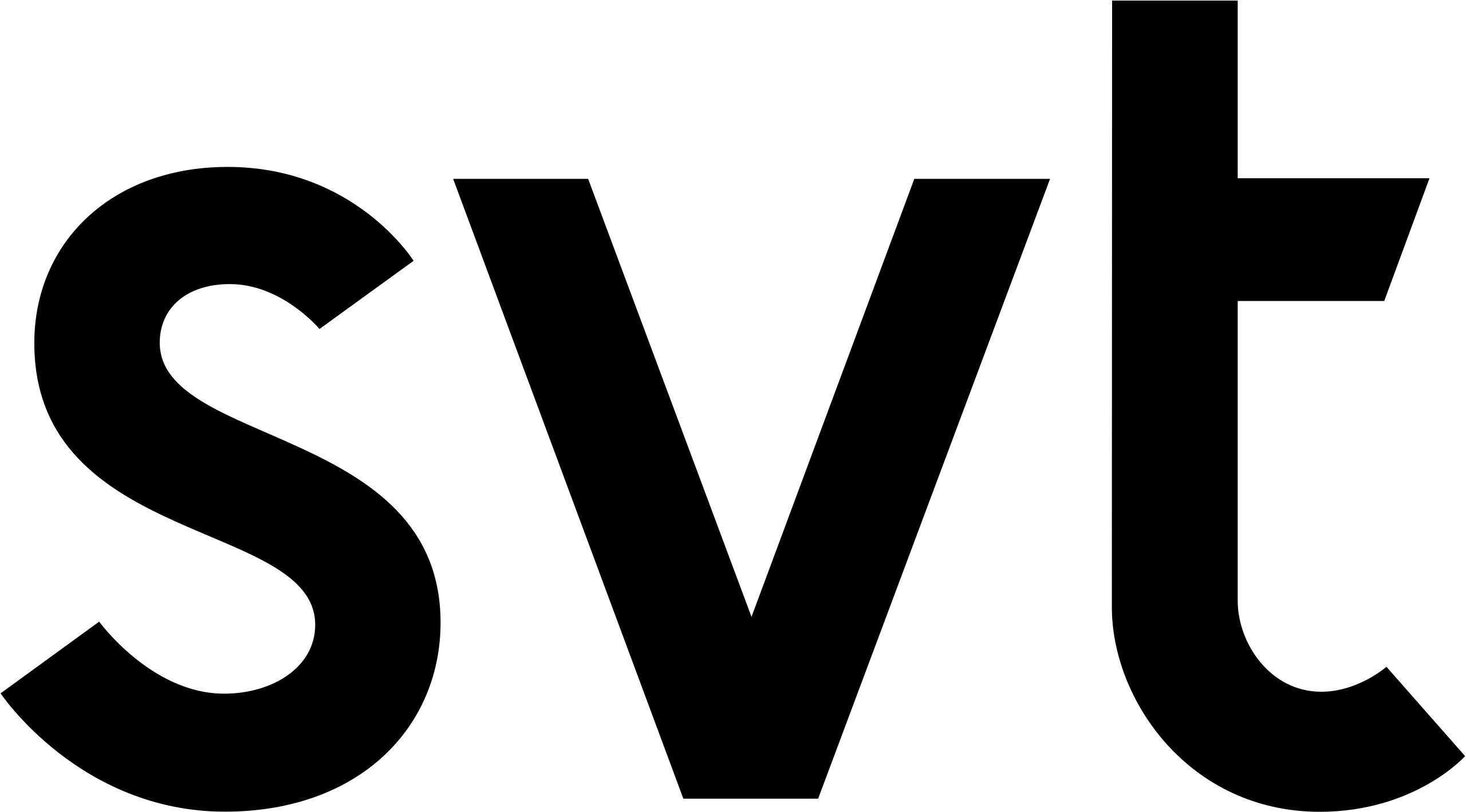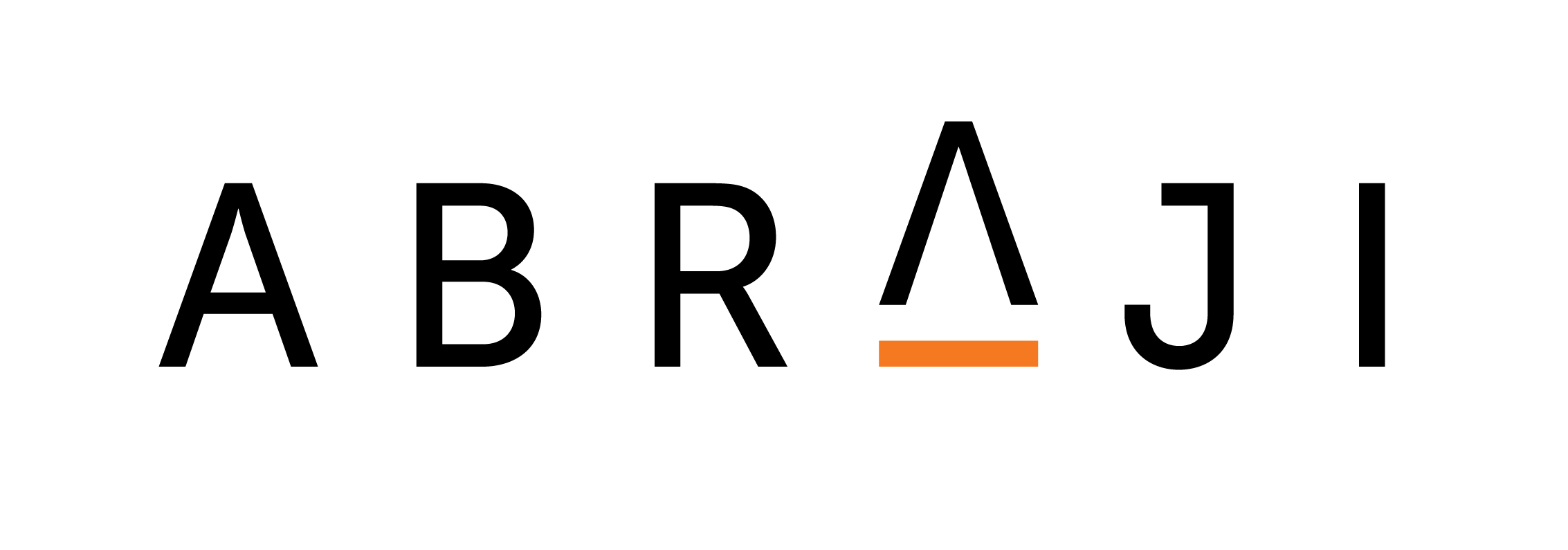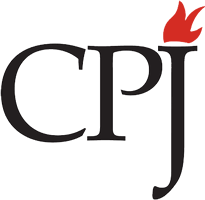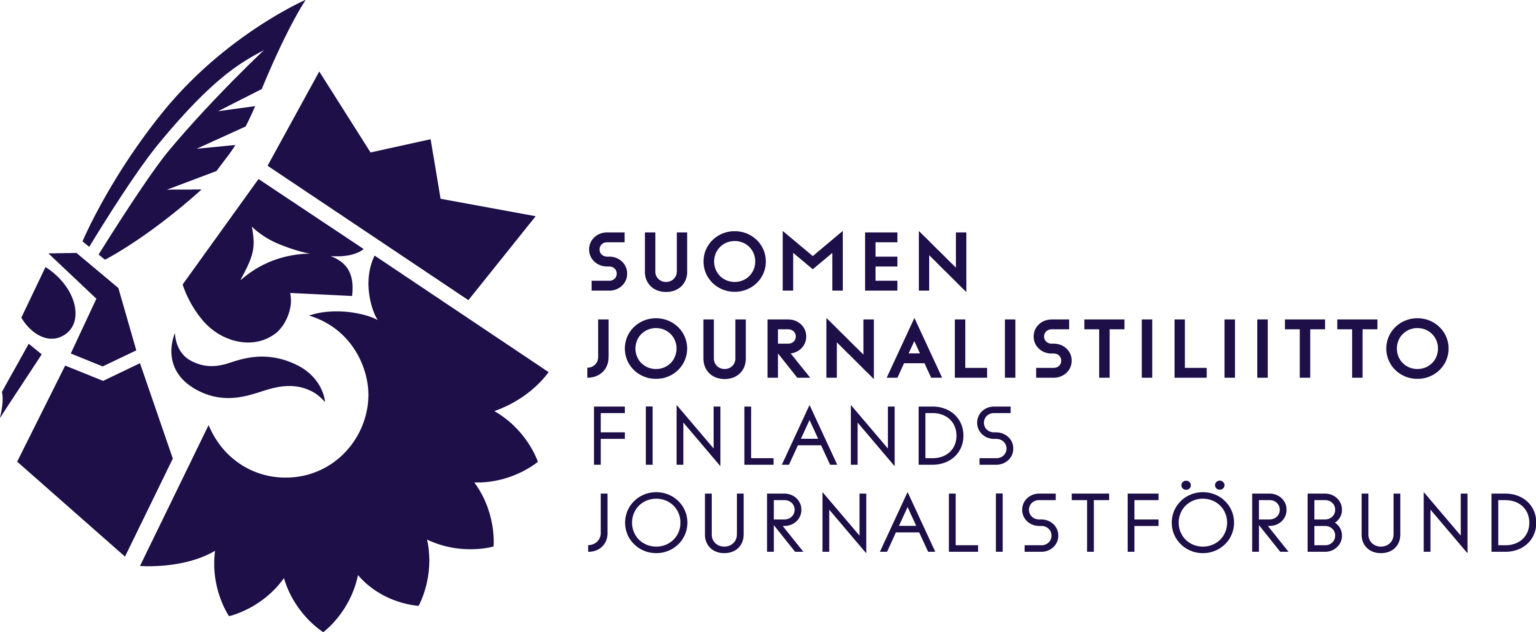Today, 2 November, is the International Day to End Impunity for Crimes against Journalists.
The day draws attention to the fact that in many places around the world, it is possible to attack, threaten and murder journalists with impunity.
So far this year, 86 journalists have been killed according to UNESCO. Between 2006 and 2017, only 11 per cent of murder cases concerning journalists were solved, which means that a staggering 89 per cent were left unsolved. This risks sending the obscene message that a journalist can be murdered without perpetrators having to fear consequences of justice.
On 2 October, the Saudi reporter Jamal Khashoggi, a critic of the Saudi regime and a writer for the Washington Post, disappeared during a visit to the Saudi Arabian consulate in Turkey. We now know that he was murdered and that, according to Saudi Arabia's public prosecutor, it was premeditated. In Bulgaria, TV journalist Viktoria Marinova was found in a park on 7 October, raped and murdered. This happened just weeks after a feature was broadcast on her TV programme concerning corruption and cases of embezzlement of EU funds in which politicians and businessmen were identified.
These are two monstrous examples of violence against journalists within the space of just a few days.
The chair of Sweden’s chapter of Reporters Without Borders, Jonathan Lundqvist, has expressed grave concerns over the recent spate of murders of journalists in Europe and has called for concrete action within the European Union, such as establishing formal protections for journalists as a condition of EU membership.
Serious crimes against journalists must be investigated thoroughly and lead to harsher sentencing. A recent Swedish example involved a Nazi in central Sweden who was prosecuted for stalking two journalists and storing personal data such as pictures of their homes on his personal computer.
In September, he was acquitted of the charge of preparation to commit murder but imprisoned for two years and six months for serious firearms offences. The man denies that he had any intention of injuring the journalists. The conviction that did stand is nonetheless important as it sends a clear message from the justice system.
In Sweden, journalists are threatened regularly – physically as well as digitally via email and social media. Many studies confirm a similar picture: the number of threats has risen sharply since 2013. In October, the Fojo Media Institute, working on behalf of the Swedish government, published a new study showing that the levels of hatred and threats against Swedish journalists online is similar to that in countries such as Mexico, Pakistan and the Philippines, and consists primarily of the sexual harassment of female journalists. According to a report from Sweden’s Reporters Without Borders, the incidence of internet-based mass harassments of journalists is rising.
It is clear that the tone of debate has changed significantly. It has become legitimate to target a journalist.
There are voices in Sweden and abroad questioning the importance of independent free media, mocking journalists and undermining their important role in democratic society.
A norm seems to have shifted, and it doesn’t help that a number of prominent politicians use a rhetoric that is contemptuous of journalists, describing the media as the enemy of the people. This only legitimises others to do the same.
While threats are increasing, fewer voices are standing up for journalists’ important role in society.
This is a dangerous development.
Threats against journalists constitute a fundamental threat to democracy – something which we all as a society have a responsibility to resist. If journalists fall silent, their vital role in holding power to account and conducting investigations – both absolutely essential in a well-functioning democracy – is also diminished.
That is why I would like to make an honest and urgent appeal. We must stand together for a different climate of debate.
There is a reason why inflated rhetoric is used: in an increasingly polarised society, it is wind in the sails of populism. But the manner in which sarcasm and humorous memes are being used as tools to cultivate distrust of journalists is far less innocent than it might first appear.
We are in a period where the freedom of the press is of fundamental importance. Research shows that societies with strong public broadcasting corporations operating side by side with commercial media function better, and have citizens who are better informed and can therefore participate in society.
If we want Sweden to continue to be a bastion of freedom of the press where strong independent media corporations can together perform their important roles in supporting democracy, we must stand up for it. The tone of debate must be changed and those who attack, threaten and even murder journalists must be brought to justice and punished. That is why this day is so important.
Image by AFP
Cilla Benkö is an INSI board member and the CEO and Director General of Swedish Radio (Sveriges Radio). This article was previously published in the Swedish newspaper Expressen.

























